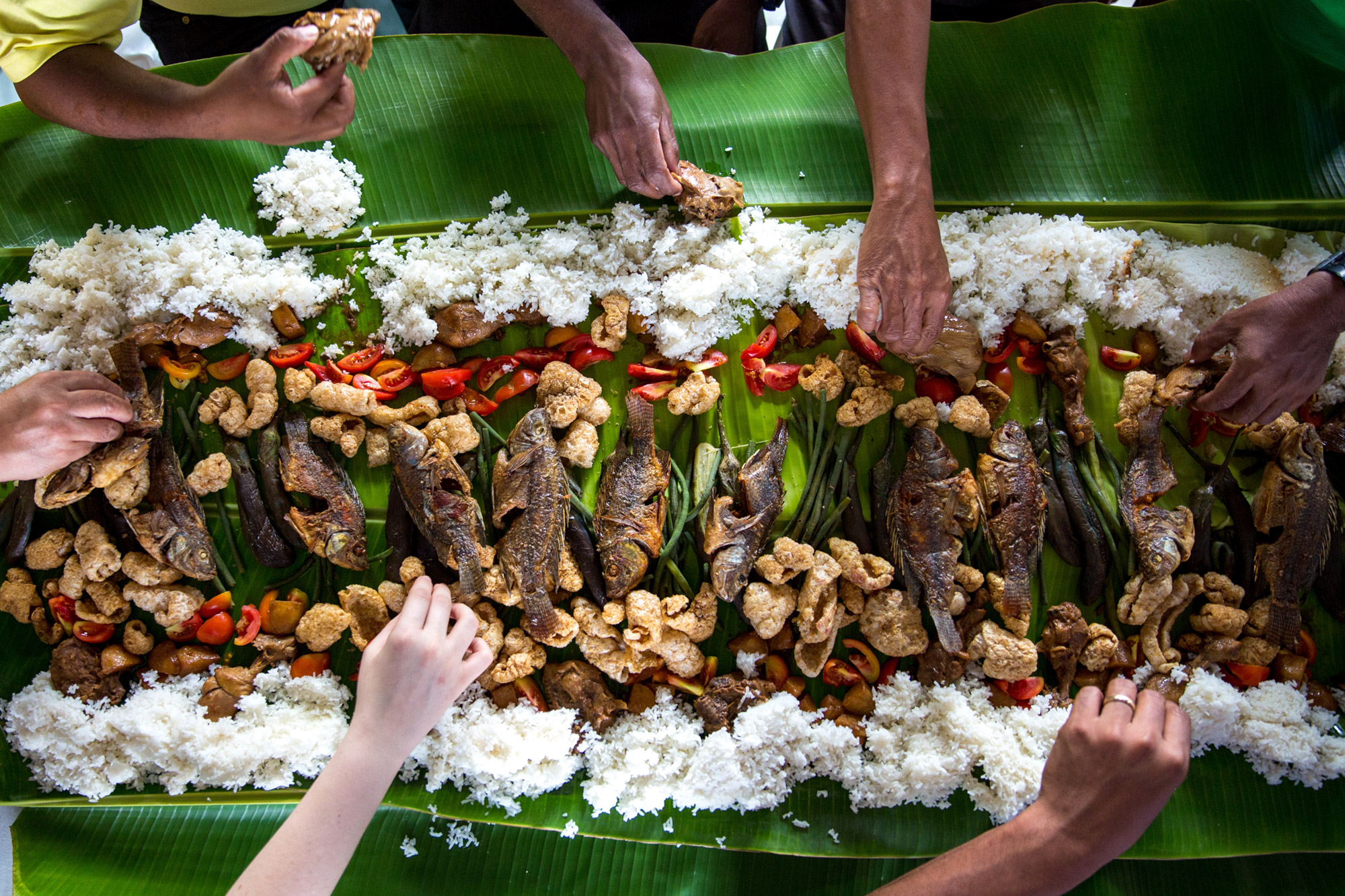The hospitality sector, and the travel industry in general, are aware of the increasing importance of offering socially and environmentally sustainable travel choices. In the last decade several eco rating systems and certifications for the hospitality industry have been developed. Wayaj’s goal is to bring them together in an easy to understand, yet thorough, methodology. Based on some of the leading sustainability rating indexes, our experts have identified 7 main criteria to score the environmental and social impact of hotels and other forms of travel accommodations:
(ECO)TOURISM: FACTS & FIGURES
- 2017 Global tourism spending US$ 1.3 TN (UNWTO)
- 10% of World GDP is from tourism (UNWTO)
- 35% of travelers often or always choose sustainable travel options (Booking.com 2017)
- 60% of leisure travelers in the United States (105.3 million Americans) have taken a “sustainable” trip in the last three years (Sustainable travel International/Mandala research)
- International wellness tourists on average spent $1,613 per trip in 2015, 61% more than the typical international tourist (Global Wellness Institute)
- 72% of travelers report that its either important, very important or extremely important to them that their travel spending directly helps the communities they visit (Phocuswright for Tourism Cares – 2015)

COMMUNITY
Sustainable practices drive tourism to areas that support the local community, including its people and environment.
- Hires local people (within 50 miles)
- Hires locals to management
- Community involvement
- Proximity to public or green transportation
- Support local issues or sustainable development

ENERGY
Sustainable practices reduce energy consumption and use clean, renewable energy for remaining energy needs
- Energy metering
- Guest energy reduction programs
- Energy efficient lighting
- Energy efficient appliance
- Energy reduction plan
- Renewable energy

WATER
Sustainable practices reduce water consumption, reuse water as possible, use natural sources of water, and treat wastewater.
- Water metering
- Towel/linen reuse program
- Water reduction plan
- Rainwater capture
- Water reuse
- Water efficient sinks, showers, and toilets
- Wastewater treatment

MATERIAL & RESOURCES
Sustainable practices promote the use of locally manufactured or created products and purchase products or materials with a sustainable supply chain.
- Sustainable purchasing plan
- Purchase local products
- Purchase sustainable products

WASTE
Sustainable practices provide proper waste disposal for all material types and encourage disposal options that divert waste from landfills and incinerators.
- Recycling offered for various materials
- Waste reduction plan
- Divert waste
- Promote composting

INDOORS
Sustainable practices promote the quality of the indoor environment resulting in guest satisfaction, health, and well-being.
- Indoor smoking prohibited
- Green cleaning practices
- Green cleaning products
- Guest room lighting controls
- Guest room outdoor views
- Indoor environmental plan

MANAGEMENT
Socially responsible practices provide a safe, healthy, and non-discriminatory workplace for all genders, races, religions, and social class.
- Follow all health, safety, and labor laws
- Clearly marked sustainability programs
- Sustainability plan
- Anti-discrimination and exploitation policy
- Sustainability contact person
- Provide employee sustainability education
- Request guest feedback on sustainability
These criteria are revised on an ongoing basis, thanks to the feedback we receive from the hotels that fill out our survey when they join.

